Prof. Dr. Bianca May
Committees: Senate
D-65366 Geisenheim
Room 00.55
Von-Lade-Straße 2
65366 Geisenheim
Project start: 17.06.2019
Project end: 31.12.2025
Sponsor: Federal Ministry of Food and Agriculture
The control of downy mildew, caused by Plasmopara viticola, is one of the major challenges in viticulture,
especially in organic viticulture. Due to the ban of copper-containing pesticides and massive impacts of
climate change, organic viticulture is increasingly entering an economic crisis. Therefore, the aim of the
proposed joint project "VITIFIT" is to develop a catalogue of measures with practicable strategies for
maintaining grapevine health. In this way, cultivation conditions are improved, the production security is
consolidated and thus economic viability is guaranteed. Crop protection strategies will mainly be based on
copper minimisation (microencapsulated copper salts) and copper substitutes (plant extracts, UVC
technology) and their combination. Associated cultivation and cultural measures should reduce the
inoculum potential of P. viticola. Molecular biological analyses will address the mycobiome of the vine leaf
under these conditions. Particular attention should be paid to the plant protection agent potassium
phosphonate. Existing and newly bred fungus tolerant grape varieties (in German: PIWIs) should play a
central role in the developed action plans. Aims here are the improvement of the enological wine style, the
market acceptance of PIWIs and their introduction into practice. The identification of new resistance loci
against P. viticola and their integration into current breeding lines will support the development of novel
PIWIs. Another focus of the project is the adaptation of the forecast model "VitiMeteo Rebenperonospora"
to PIWIs. In the sector of knowledge and technology transfer, communication, the flow of information and
networking between research and practice are to be optimised. The VITIFIT project should make a
significant contribution to achieving the "20% goal" (national sustainability goal concerning the percentage
of organic agriculture area).


